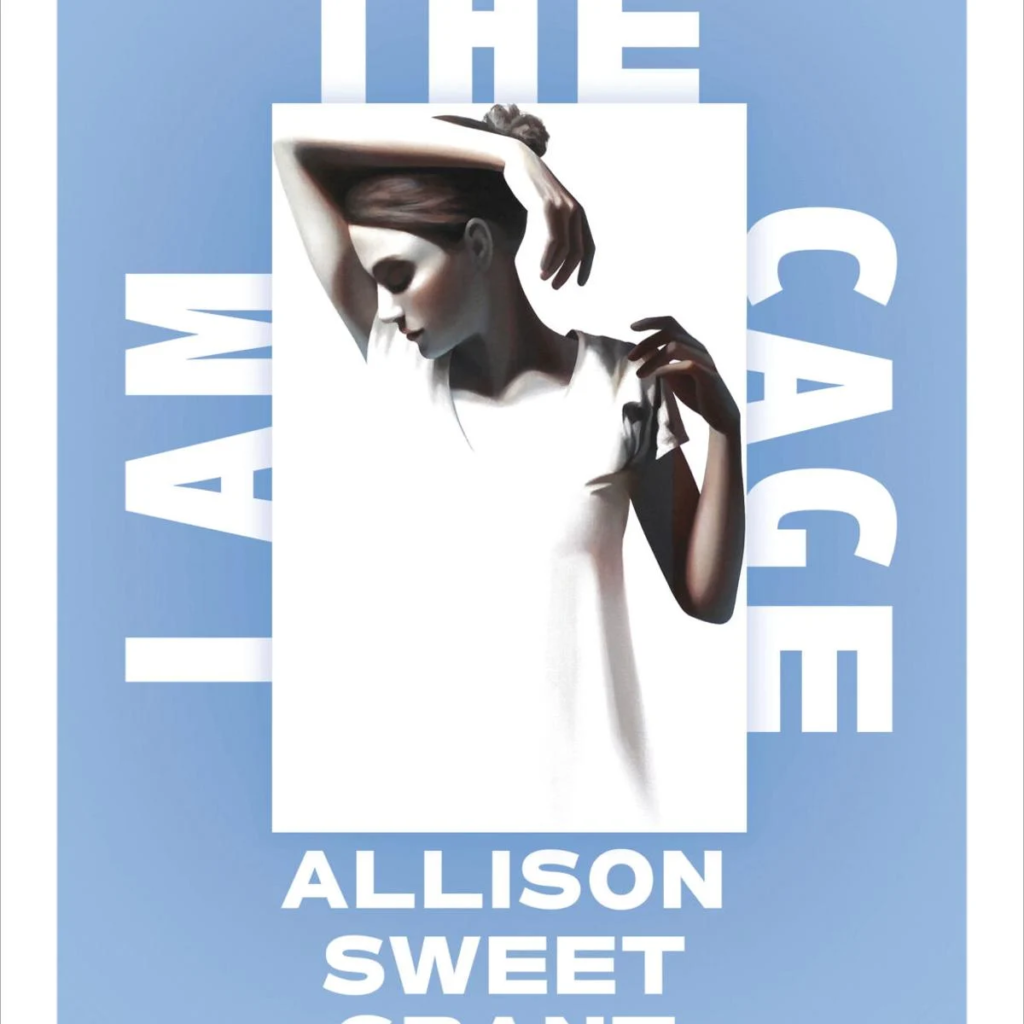Book Review: Allison Sweet Grant’s I Am the Cage Gives a Voice to the Voiceless
From an early age, we are taught to trust doctors as healers. That trust makes it all the more devastating when medical professionals become a source of harm. In I Am the Cage, Allison Sweet Grant—previously known for her picture books—delivers a powerful young adult debut that explores the physical and psychological scars left by the very institutions meant to heal. Through the story of Elisabeth, Grant not only exposes the injustices of the medical community but also weaves a tale of survival, self-discovery, and quiet resilience.
A Journey Through Trauma and Healing
Elisabeth’s past is one of profound suffering, but the full extent of her trauma unfolds gradually. Through panic attacks and flashbacks, readers experience firsthand the painstaking process of reclaiming identity and purpose after enduring unimaginable pain.
Set in a quiet Wisconsin town in 1999, the novel follows Elisabeth as she attempts to isolate herself from the world. When a snowstorm cuts off power and depletes her limited supplies, she makes a desperate but crucial choice—asking for help. Her neighbor, Noah, responds without hesitation.
But this is not the familiar trope of a broken girl being “fixed” by a kindhearted love interest.
A Refreshing Approach to Character Dynamics
Sweet Grant takes a modern approach by ensuring Noah remains strictly a support character rather than a savior. Told in first-person, present-tense narration, the story keeps the focus entirely on Elisabeth, reinforcing two key themes:
- Her extreme isolation – Readers are immersed in her solitude, mirroring her internal struggles.
- A voice for the unheard – The novel amplifies the experiences of those who have felt ignored or mistreated by the medical system.
Through Elisabeth’s journey, the novel serves as a step toward acknowledging and validating the voices of real-life survivors who have been dismissed or unheard by cold, overburdened, or inattentive medical professionals.
Poetic Simplicity with Emotional Depth

Despite its heavy themes, I Am the Cage is written in a simple, accessible style. The prose is rich with similes and metaphors, punctuated by occasional poetry that adds layers to Elisabeth’s introspection. Grant masterfully balances despair with hope, ensuring that while Elisabeth’s past is heartbreaking, the story remains bearable for readers.
A Story Rooted in Harsh Reality
While moments of warmth and beauty shine through, I Am the Cage does not offer a sugar-coated resolution. There are no fairy-tale endings, just an honest depiction of healing in a world that is both painful and beautiful. Sweet Grant delivers a deeply moving, necessary story—one that resonates long after the final page is turned.














Post Comment